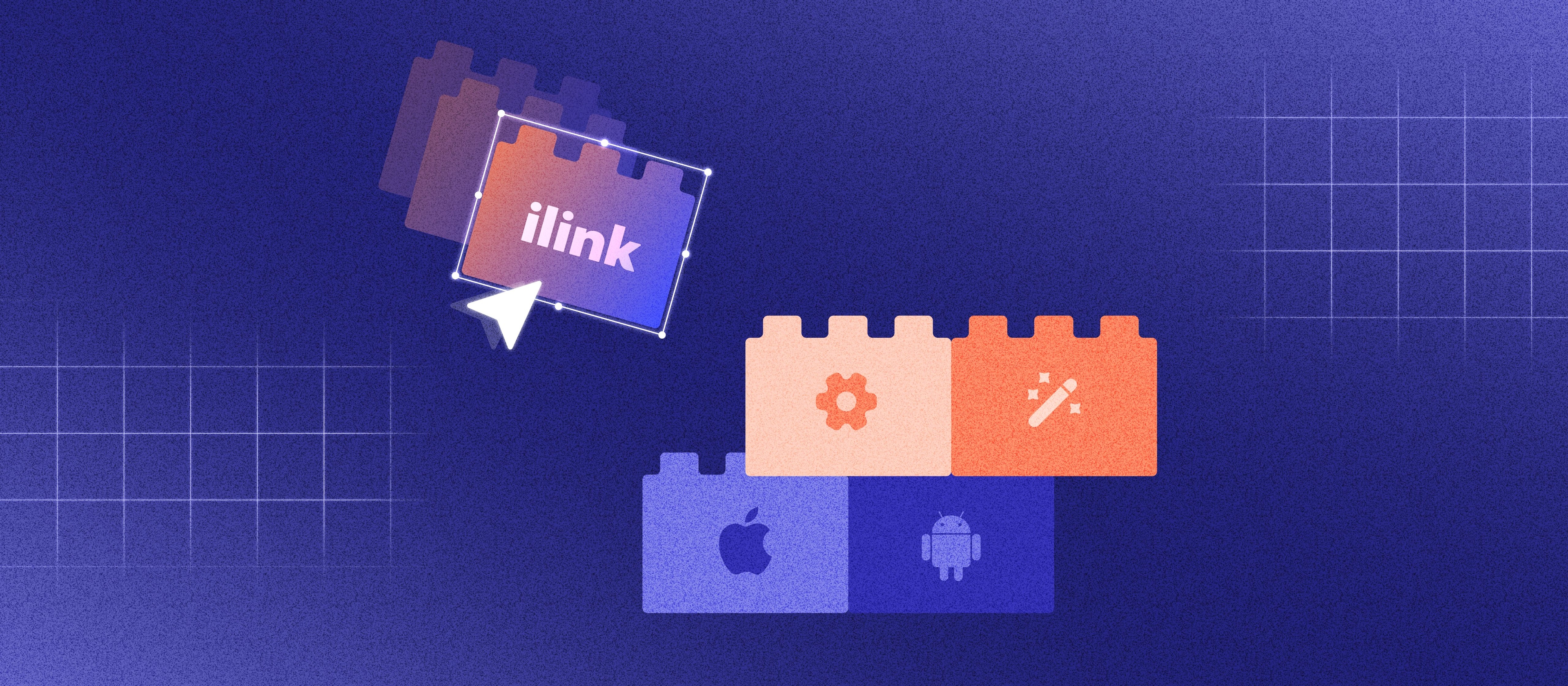The Financial Technology Industry: Revolutionizing the Future of Finance

Introduction
The financial technology (fintech) industry has experienced explosive growth in recent years, fundamentally changing how businesses and consumers interact with financial services. From digital payments and mobile banking to blockchain technology and cryptocurrencies, the fintech sector is reshaping financial services by offering more efficient, secure, and cost-effective solutions. In this article, we will explore the current state of the financial technology industry, the key drivers of innovation, and how these changes are revolutionizing traditional financial services.
What is the Financial Technology Industry?
The fintech industry refers to the integration of technology into the financial services sector. Fintech platforms leverage emerging technologies like blockchain, AI, cloud computing, and big data to provide faster, more efficient, and more secure financial services. This industry includes sectors such as digital payments, peer-to-peer lending, cryptocurrency, insurtech, and wealth management.
Key Areas of the Financial Technology Industry
- Digital payments. Platforms enabling online payments, mobile wallets, and contactless transactions.
- Blockchain and cryptocurrencies. Enabling decentralized finance (DeFi), smart contracts, and digital currencies like Bitcoin and Ethereum.
- Lending and crowdfunding. Peer-to-peer (P2P) lending platforms and crowdfunding services.
- Wealth management and robo-advisors. Automated investment platforms powered by AI to assist in portfolio management.
The Key Technologies Driving the Financial Technology Industry
Several innovative technologies are at the forefront of the financial technology industry, driving new products, services, and efficiencies. These include:
1. Blockchain Technology
- Blockchain is the backbone of many fintech innovations, especially in cryptocurrency and DeFi platforms. It enables secure, transparent, and decentralized transactions without the need for traditional intermediaries like banks.
- Smart contracts built on blockchain technology allow for automated, trustless transactions, facilitating everything from peer-to-peer lending to cross-border payments.
- Cryptocurrency platforms such as Coinbase and Binance utilize blockchain to securely exchange digital currencies and enable decentralized finance.
2. Artificial Intelligence (AI) and Machine Learning
- AI and machine learning (ML) are transforming fintech by enabling predictive analytics, fraud detection, and personalized financial services.
- AI-driven robo-advisors help individuals manage their investments with automated portfolio management, while machine learning improves credit scoring, and identifies financial fraud in real-time.
- Chatbots and virtual assistants powered by AI are enhancing customer service by providing 24/7 support for financial queries and transactions.
3. Cloud Computing
- Cloud computing has revolutionized the way fintech companies operate, providing scalability, flexibility, and cost-efficiency.
- By using cloud-based infrastructure, financial services providers can store and access large volumes of data while reducing the need for costly, on-site hardware and IT infrastructure.
- Cloud platforms enable fintech companies to offer services such as digital banking, automated trading, and peer-to-peer lending with greater efficiency and lower overhead costs.
4. Big Data and Analytics
- Big data and analytics are central to the fintech industry, enabling companies to process vast amounts of customer data to offer personalized services.
- Predictive analytics helps fintech companies better understand market trends, forecast credit risk, and optimize investment portfolios.
- Fintech platforms also leverage data analysis to enhance customer experience, design tailored financial products, and improve decision-making.
Key Players in the Financial Technology Industry
The fintech industry includes a wide range of companies driving innovation across various sectors. Some of the major players include:
1. Digital Payment Platforms
- PayPal, Stripe, and Square are industry leaders in digital payments, allowing businesses to accept online and mobile payments securely.
- These platforms enable consumers to send money, make purchases, and transfer funds globally with ease and speed.
2. Neobanks and Digital Banking
- Neobanks like Chime, Revolut, and N26 operate entirely online, offering banking services such as checking accounts, savings accounts, loans, and foreign exchange without the need for physical branches.
- Digital banking platforms are disrupting traditional banks by providing low-cost, digital-first solutions for everyday banking needs.
3. Blockchain and Cryptocurrency Platforms
- Cryptocurrency exchanges such as Binance, Coinbase, and Kraken have become the primary platforms for buying, selling, and trading digital currencies.
- Blockchain platforms like Ethereum are enabling decentralized finance (DeFi) and smart contracts, offering new financial products without intermediaries.
4. Insurtech and Wealth Management
- Insurtech companies like Lemonade and Oscar Health are disrupting the insurance industry by providing AI-powered, affordable, and personalized insurance products.
- Robo-advisory platforms like Betterment and Wealthfront offer automated, low-cost wealth management services, helping consumers manage their investments with AI-powered solutions.
5. Lending and Crowdfunding Platforms
- P2P lending platforms such as LendingClub and Prosper provide an alternative to traditional bank loans by connecting borrowers with individual lenders.
- Crowdfunding platforms like Kickstarter and GoFundMe have reshaped how entrepreneurs and projects raise capital, enabling small businesses and startups to fundraise directly from their community of supporters.
Benefits of the Financial Technology Industry
The fintech industry offers numerous benefits to both businesses and consumers, driving efficiency and improving financial access:
1. Enhanced Customer Experience
- Fintech solutions like mobile banking apps, digital wallets, and payment platforms have made financial services more accessible and convenient for consumers.
- These platforms are designed to provide user-friendly interfaces, real-time notifications, and 24/7 access to financial services, improving customer satisfaction.
2. Lower Costs and Faster Transactions
- By removing intermediaries, fintech platforms can offer lower transaction fees, making financial services more affordable for both businesses and consumers.
- Blockchain technology helps reduce the cost and time associated with cross-border payments, allowing businesses and individuals to transfer money globally at a fraction of the cost of traditional methods.
3. Financial Inclusion
- Fintech platforms are democratizing access to financial services for populations that are unbanked or underbanked, particularly in emerging markets.
- Mobile payment solutions like M-Pesa and Alipay are making it easier for individuals in remote areas to send money, access microloans, and manage savings, helping them participate in the global economy.
4. Personalization
- AI and big data analytics allow fintech companies to offer tailored financial products based on user data, improving both customer satisfaction and the effectiveness of financial services.
Contact ilink - our expert team specializes in developing innovative fintech platforms that integrate blockchain, AI, and other cutting-edge technologies to drive digital finance forward.
The Challenges Facing the Financial Technology Industry
While the fintech industry is rapidly growing, it also faces several challenges:
1. Regulatory Compliance
- Navigating regulatory frameworks is one of the biggest challenges in fintech. As the industry evolves, so do the compliance requirements. Fintech companies need to ensure they are adhering to regulations such as AML (Anti-Money Laundering), KYC (Know Your Customer), and data protection laws.
- Regulators across the world are continuously updating policies to keep up with fintech innovations, and companies must stay ahead of these changes.
2. Cybersecurity
- Data security remains a critical concern in the fintech industry. With financial data being highly sensitive, fintech platforms must implement advanced cybersecurity measures to protect their users from fraud and cyberattacks.
- The increasing use of AI and blockchain will help strengthen the security of digital transactions, but ongoing vigilance is required.
3. Integration with Traditional Financial Systems
- Many traditional financial institutions still operate on legacy systems, which can make it challenging to integrate new fintech solutions seamlessly.
- Open banking and API integration are helping to bridge this gap, but legacy systems remain a barrier to broader fintech adoption.
The Future of the Financial Technology Industry
The future of fintech is full of exciting possibilities. Some key trends shaping the future of financial technology include:
1. DeFi (Decentralized Finance) Growth
DeFi platforms are likely to continue growing as more users turn to decentralized financial services. Blockchain and smart contracts will enable more secure, transparent, and autonomous financial transactions.
2. Expansion of AI in Fintech
AI and machine learning will continue to drive innovation in fintech by improving risk management, fraud detection, and customer service. Expect more AI-powered tools like robo-advisors and personalized finance apps.
3. Digital Currencies and Central Bank Digital Currencies (CBDCs)
The rise of cryptocurrency platforms and central bank digital currencies (CBDCs) will significantly shape the future of digital finance. Fintech companies will continue to build platforms that support crypto trading, digital wallet management, and cross-border transactions.
The financial technology industry is rapidly evolving, bringing innovation and transformation to traditional financial services. With the help of blockchain, AI, big data, and cloud computing, fintech is creating more efficient, personalized, and accessible financial services. As fintech continues to disrupt traditional finance, it will drive greater financial inclusion, enhance user experience, and provide more cost-effective solutions to meet the needs of the digital economy.
Comments (0)
Latest Posts

Whether you're building a mobile app, a blockchain platform, or a custom enterprise tool, following a clear app development lifecycle ensures each phase adds value and moves the project forward with precision.

Understanding the mechanics of these platforms is crucial for anyone looking to participate in the world of NFT trading and digital ownership.
Do You Have Any Questions?
Leave your details - we will contact you to answer all your questions

